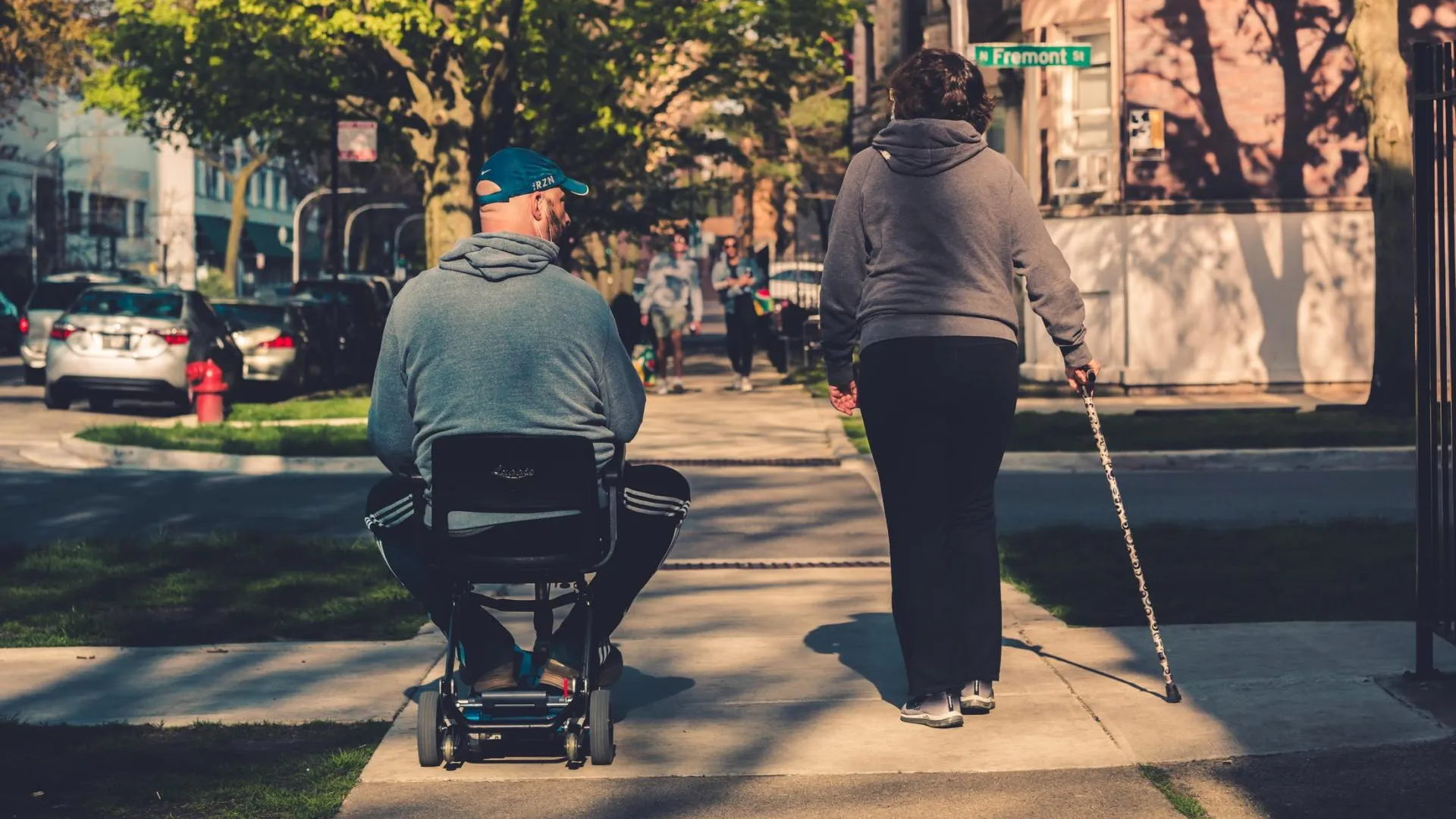Kamerer v. UNUM, 2018 WL 4539693 (D.Mass.)

What Constitutes Being Legally Disabled in a Court of Law
Plaintiff’s summary judgment granted and benefits reinstated on a de novo review where she had been receiving benefits from 2004 to 2013 for fibromyalgia with secondary depression where an early arthritis specialist wrote that her depression could be playing a role and it was difficult to know where was primary, on group and individual own occupation policies. Her doctors supported her claim. Unum had an internal clinical consultant review the file and found her not disabled and they terminated her benefits. Then they reinstated pending an in person evaluation with an IME ordered by a second in house doctor. The IME doctor said there were long standing symptoms in excess of objective findings and no identified basis to conclude disability. He said she had fibromyalgia but could do her job functions if psychological symptoms are not taken into account, but she said he only spent 5 minutes with her. Unum’s in-house consultant based on the IME said she was not disabled and that her pain was secondary to psychological symptoms. The second in house doctor then concluded she was not disabled and that her pain was secondary to psychological issues. On appeal another internal doctor reviewed the file
Burden of Proof
Plaintiff has the burden of demonstrating that she is disabled within the terms of the policy by a preponderance of the evidence. Has to show she cannot meet one of the necessary conditions of her employment.
Type of Proof
It is unreasonable to require objective evidence of a diagnosis that evades objective verification. See Cook v. Liberty Life Assurance Co., 320 F.3d 11, 21 (1st Cir. 2003). No argument as to diagnosis. Regarding evidence of inability to work due to the symptoms of the illness, where a plan gives an insurer discretion it is not arbitrary to require objective evidence. But on de novo review the court looks to the totality of the evidence. Cites Gross v. Sun Life Assur. Co. of Canada, 734 F.3d 1,22 (1st Cir. 2013).
Weighing the Evidence
Administrators can’t arbitrarily refuse to credit a claimant’s reliable evidence, including treating physicians. Black & Decker Disability Plan v. Nord, 538 U.S 822,823 (2003). Where the credibility of the claimant is a factor the impressions of the examining doctors sensibly may be given more weight than those who looked only at paper reviews. Gross v. Sun Life Assurance Company of Canada, 880 F.3d 1, 14 (1st Cir. 2018). While subjective reports of pain are difficult to prove, they should be accorded some weight on the ledger. Gross v. Sun Life Assur. Co. of Canada, 763 F.3d 73, 84 (1st Cir. 2014). Opinions of internal paper reviews may be given less weight when credibility is central to a plaintiff’s claim. Gross, 880 F.3d at 14. None of the reviewers offered any reasons to disagree with the numerous other medical professionals that had seen Plaintiff over many years and without reason arbitrarily refused to credit their findings. Court found there was objective evidence – the fibromyalgia tender point tests. Court concluded that there was some objective evidence and overwhelming subjective evidence and found her disabled.
Regarding the mental health limitation, the court said (1) burden of proof shifts to defendant; (2) caused by or contributed to by means the mental condition must be a but-for cause of disability; and (3) on the fact, the IME doctor’s diligence was disputed and the in house doctor just reiterated that opinion, so not much weight was given to them.
The Takeaway: The Plaintiff had to demonstrate and provide evidence that she has been disabled due to suffering from Fibromyalgia for a decade. The Insurer terminated her benefits after reviewing her file and sent a health professional to perform an IME. After 5 minute’s the Plaintiff claims the professional found her perfectly capable and not in fact disabled. However, the court ruled that there was sufficient objective and overwhelming subjective evidence available in favor for her to be deemed as “disabled” by her condition. Making her physical condition more substantial than the secondary mental health condition she suffers as well.
Ordorf v. Paul Revere Life Insurance Company, 404…
Ordorf v. Paul Revere Life Insurance Company, 404 F.3d 510…
FMC Corporation v. Holliday, 498 U.S. 52 (1990)
FMC Corporation v. Holliday, 498 U.S. 52 (1990) The issue…
Why ERISA Insurers Are Working Against You
Why ERISA Insurers Are Working Against You The Insurance Industry…




